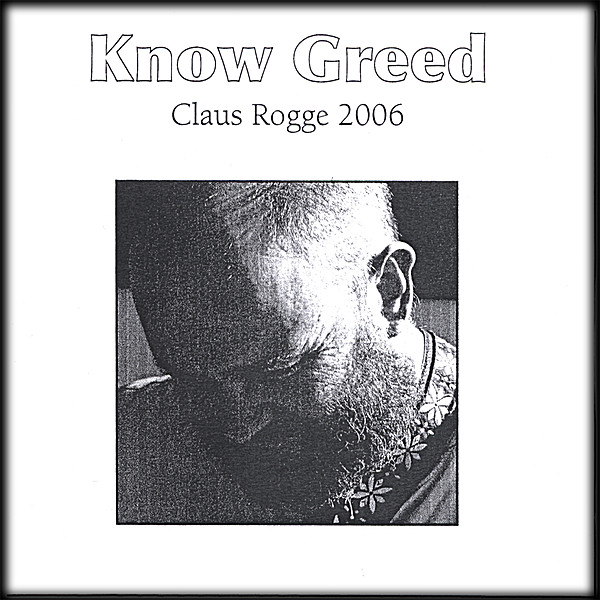
Linthicum, Robert
"Justice and power must be brought together, so that whatever is just may be powerful, and whatever is powerful may be just"--Blaise Pascal.
Problems plague the world around us. Many in our churches and communities face injustice, crime, poverty, racism and other daunting evils. But often Christians have not known how to respond effectively. The issues seem bigger than anything the church can handle, and so we are paralyzed into inaction and offer halfhearted prayers at best.
Yet throughout history God has empowered his people to stand up to injustice. When the situation calls for confrontation or structural change, our response must be more than personal piety, pastoral care or individualistic evangelism. Christians must become proficient in the practice and exercise of power.
Christians have often been wary of power, thinking of it as something inherently evil or oppressive. But God calls his people to wield power responsibly and to use it to promote his kingdom ideals of justice and peace.
Robert Linthicum offers an integrative, biblical study of the proper use of power. Based on a thorough exploration of Scripture and decades of real-world experience in community organizing and urban ministry, Linthicum's model of relational power provides sound, practical strategies for changing individuals, communities, structures and systems.
With insights from biblical mentors like Nehemiah and Paul as well as contemporary examples of Christians in action, this book offers hope for all who want to move toward the vision of the shalom community--God's intended best for communities and the world.







